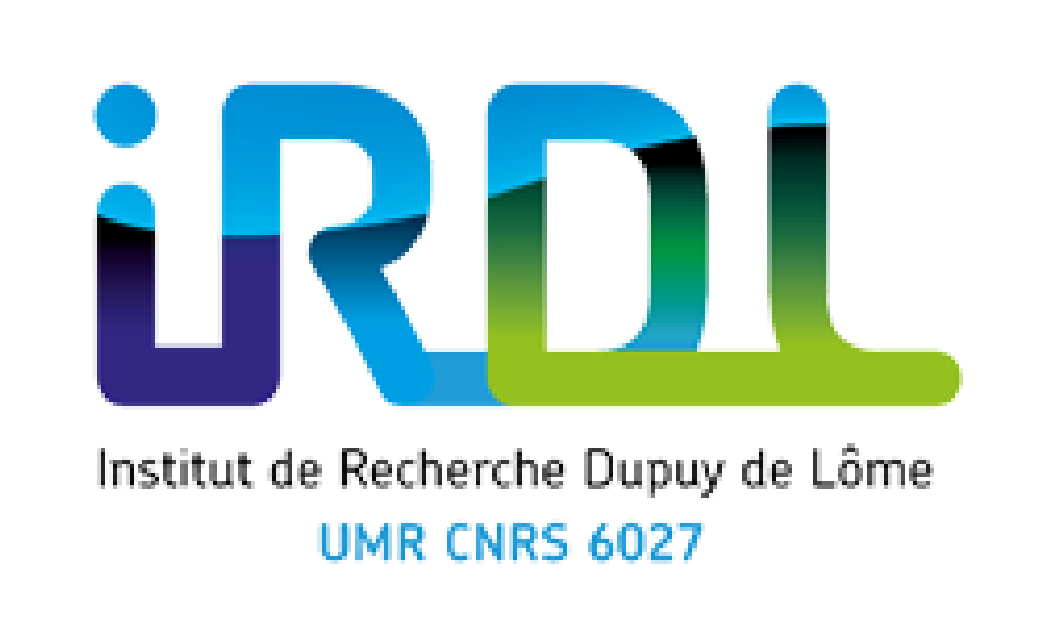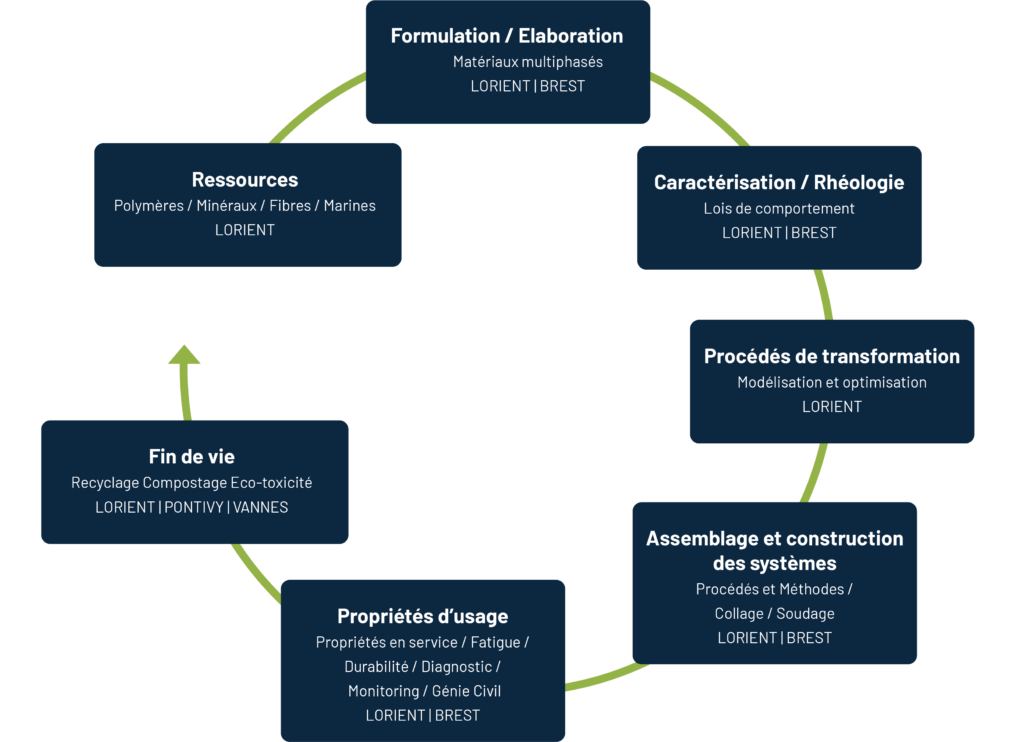IRDL
To respond to current and future scientific and technological challenges related to materials, mechanical and systems engineering, the Brittany MATERIALS Engineering Laboratory (LIMATB EA 4250) common to UBS & UBO and the Brest Laboratory of Mechanics and Systems (LBMS EA 4325) common to ENSTA Bretagne, UBO & ENIB, from January 1, 2016, federate their research and training activities through research to form a large Institute Research for the engineer:


